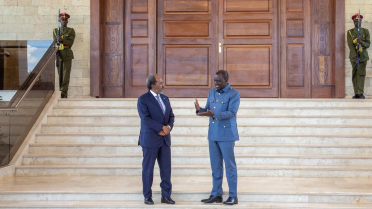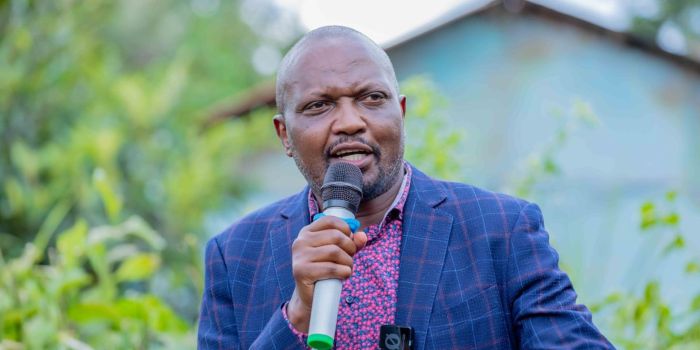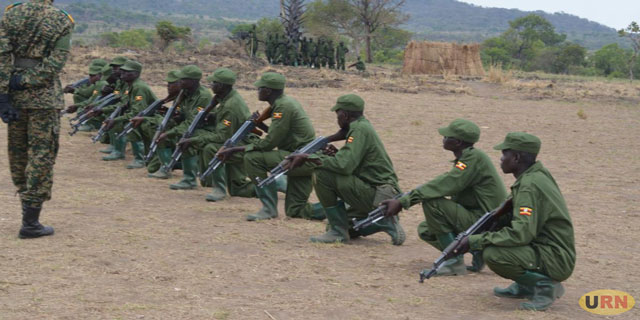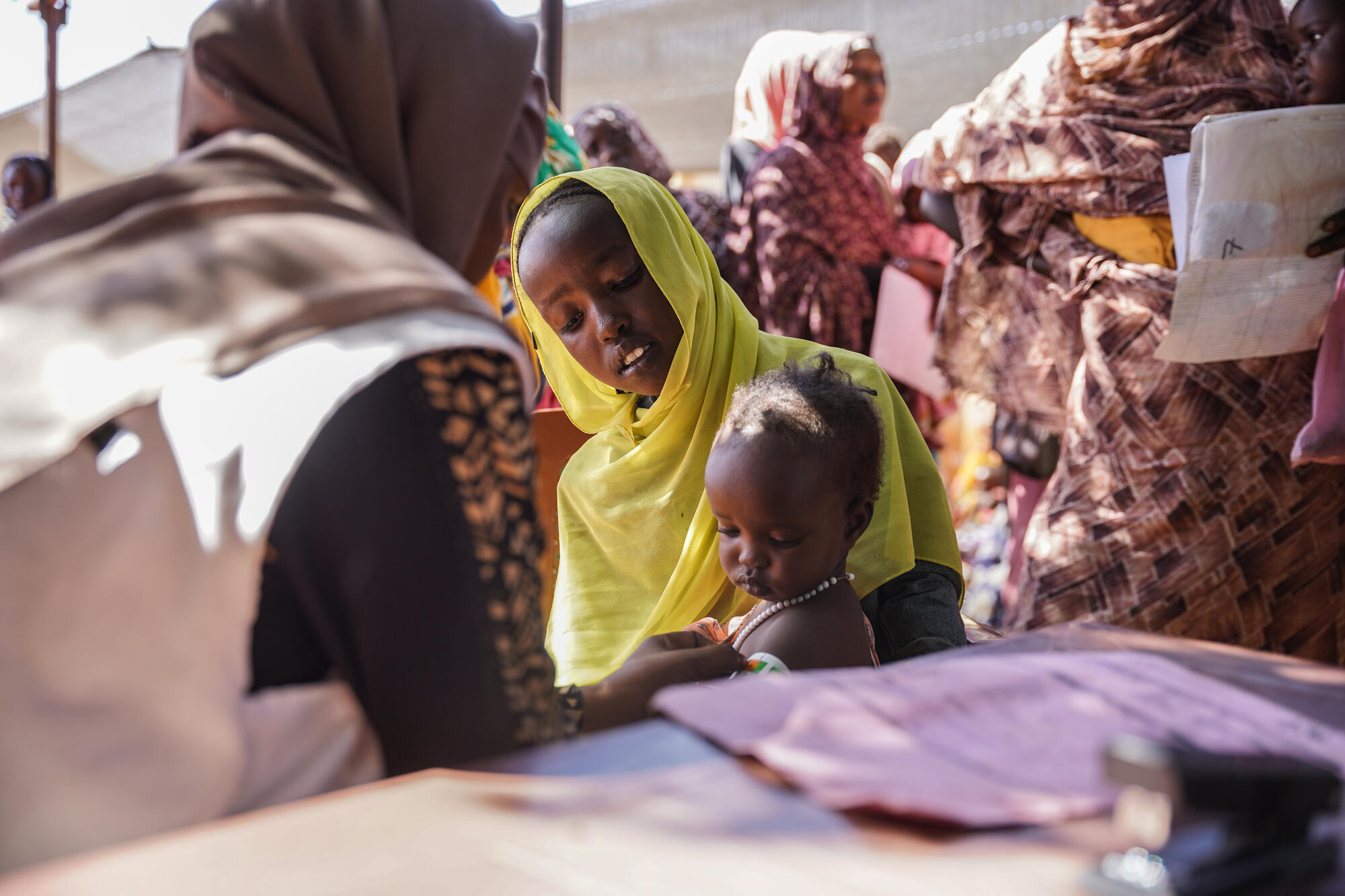The army has advised residents within Gulu City not to panic as Uganda People’s Defence Forces (UPDF) soldiers take part in a day-long arms training drill on Friday.
Maj. Nicholas Abiribale, the Civil-Military Coordination officer at the Fourth Infantry Division told URN on Thursday that the training will involve the firing of live bullets in the areas of Gulu airfield in Bardege-Layibi Division.
Maj. Abiribale noted that the drill would commence at 6 am till 6 pm and asked residents to keep out of the area for their safety. He also asked the locals not to leave their animals to roam around the areas.
He noted that the exercise is a routine activity undertaken to keep the soldiers alert. According to Maj Abiribale, the exercise will entail the firing of light and heavy weapons that may cause some members of the public to panic.
It is unclear how many soldiers will take part in the exercise, Uganda Radio Network however reliably understands that soldiers ranging from privates to the highest-ranking officers including the Division Commander will take part.
But Bardege-Layibi Division Mayor Patrick Oola Lumumba notes that whereas the army has issued the public announcement, it hasn’t liaised with the local area leaders for sensitization of the masses.
“We are surprised that the army hasn’t informed the local leaders to sensitize the locals about the exercise yet the shooting site is within a civilian population. This may turn out disastrous for others without prior knowledge and worst of all, some may collapse,” Lumumba told URN on Thursday.
He however requested the army to conduct sensitization so that locals are not caught unaware leading to incidences of injuries or even death. By URN/Tower Post











